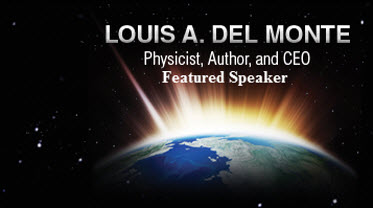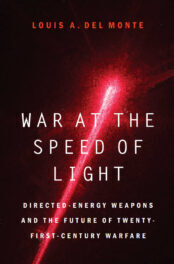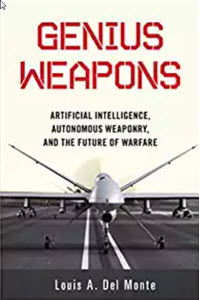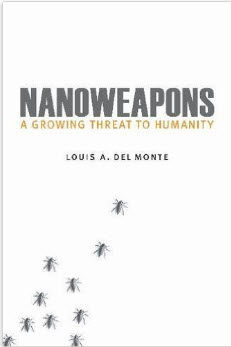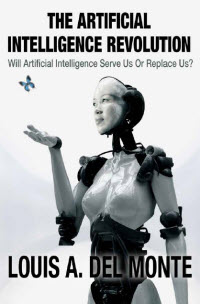While researching my new book, War At The Speed Of Light, I surfaced some important questions regarding the threat artificial intelligence poses to humanity. For example, Will your grandchildren face extinction? Even worse, will they become robotic slaves to a supercomputer?
Humanity is facing its greatest challenge, artificial intelligence (AI). Recent experiments suggest that even primitive artificially intelligent machines can learn deceit, greed, and self-preservation without being programmed to do so. There is alarming evidence that artificial intelligence, without legislation to police its development, will displace humans as the dominant species by the end of the twenty-first century.
There is no doubt that AI is the new scientific frontier, and it is making its way into many aspects of our lives. Our world includes “smart” machines with varying degrees of AI, including touch-screen computers, smartphones, self-parking cars, smart bombs, heart pacemakers, and brain implants to treat Parkinson’s disease. In essence, AI is changing the cultural landscape, and we are embracing it at an unprecedented rate. Currently, humanity is largely unaware of the potential dangers that strong artificially intelligent machines pose. In this context, the word “strong” signifies AI greater than human intelligence.
Most of humanity perceives only the positive aspects of AI technology. This includes robotic factories, like Tesla Motors, which manufactures electric cars that are ecofriendly, and the da Vinci Surgical System, a robotic platform designed to expand the surgeon’s capabilities and offer a state-of-the-art minimally invasive option for major surgery. These are only two of many examples of how AI is positively affecting our lives. However, there is a dark side. For example, Gartner Inc., a technology research group, forecasts robots and drones will replace a third of all workers by 2025. Could AI create an unemployment crisis? As AI permeates the medical field, the average human life span will increase. Eventually, strong artificially intelligent humans (SAHs), with AI brain implants to enhance their intelligence and cybernetic organs, will become immortal. Will this exacerbate the worldwide population crisis already surfaced as a concern by the United Nations? By 2045, some AI futurists predict that a single strong artificially intelligent machine (SAM) will exceed the cognitive intelligence of the entire human race. How will SAMs view us? Objectively, humanity is an unpredictable species. We engage in wars, develop weapons capable of destroying the world and maliciously release computer viruses. Will SAMs view us as a threat? Will we maintain control of strong AI, or will we fall victim to our own invention?
I recognize that this post raises more questions than answers. However, I thought it important to share these questions with you. In my new book, War At The Speed Of Light, I devote an entire chapter to autonomous directed energy weapons. I surface these questions, Will autonomous weapons replace human judgment and result in unintended devastating conflicts? Will they ignite World War III? I also provide recommendations to avoid these unintended conflicts. For more insight, browse the book on Amazon
